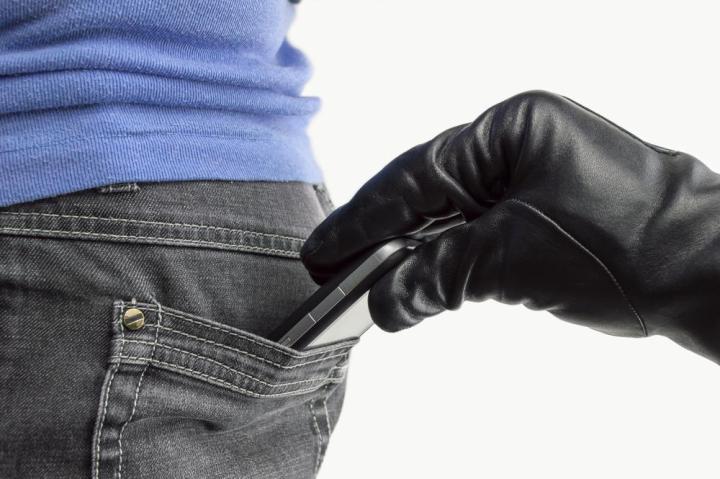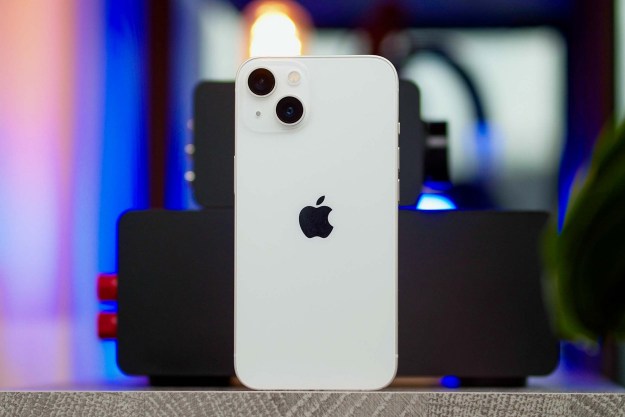
While gluing it to your hand may be one surefire way to prevent your mobile phone being stolen, surely the most effective anti-theft strategy would be to make the device as unattractive as possible to potential thieves.
By this we don’t mean putting a picture of Donald Trump on your home screen or smearing it in a foul-smelling substance. We’re talking about the kill switch – technology that allows a stolen phone to be rendered useless from a remote location by the phone’s owner or carrier.
Money saver?
If all handsets had the technology built in, the market for stolen phones would quickly evaporate, according to Creighton University statistics professor William Duckworth. And if that happened, US consumers could save themselves billions of dollars a year in replacing nabbed devices and spending out on pricey insurance policies.
In research published over the weekend, Duckworth estimates Americans spend around $500 million on replacing stolen handsets, and four times that on insurance when they purchase a new phone.
Duckworth’s study, which involved a sample of 1200 handset owners, found that 99 percent of respondents were in favor of kill-switch technology and that more than 50 percent would buy cheaper insurance that excluded theft if they felt that more confident their phone was of less interest to thieves.
‘Blocked by carriers’
San Francisco District Attorney George Gascon and New York Attorney General Eric Schneiderman have long advocated the use of the anti-theft technology, but claim it’s being blocked by carriers intent on putting corporate profits before public safety.
When a carrier sells insurance to a new handset buyer – often through a company like Asurion – the carrier takes a cut of the sale. The top four carriers in the US reportedly raked in almost $8 billion through such sales in 2013.
Spare parts and hackers
Asurion’s Bettie Colombo said in a statement that while the company isn’t against the idea of incorporating kill switch technology into phones, “there is no solution that will totally eliminate the theft of smartphones as there are other values in the black market for the phones, such as parts.”
Legislation aimed at forcing the implementation of the technology in newly sold phones is currently making its way through Congress, while several states are also looking at the idea of introducing their own laws.
At the end of last year, major US carriers stopped Samsung from including a kill switch in its handsets, citing – of all things – security concerns. The carriers – AT&T, Verizon, Sprint, T-Mobile, and US Cellular – said the technology could allow hackers to infiltrate the system and maliciously disable devices.
Apple launched a similar security system with iOS 7 last year. Activation Lock is designed to prevent others using the phone in the event of theft or loss and includes a feature that lets the owner erase all of its personal data from a remote location.
While it’s not known if the feature has had any effect on lowering the iPhone’s attractiveness in the eyes of thieves, Creighton, Gascon, and others clearly believe laws forcing all phones to include kill switch technology would not only reduce theft, but also save consumers money.
[via Huffington Post] [Image: Cunaplus / Shutterstock]


